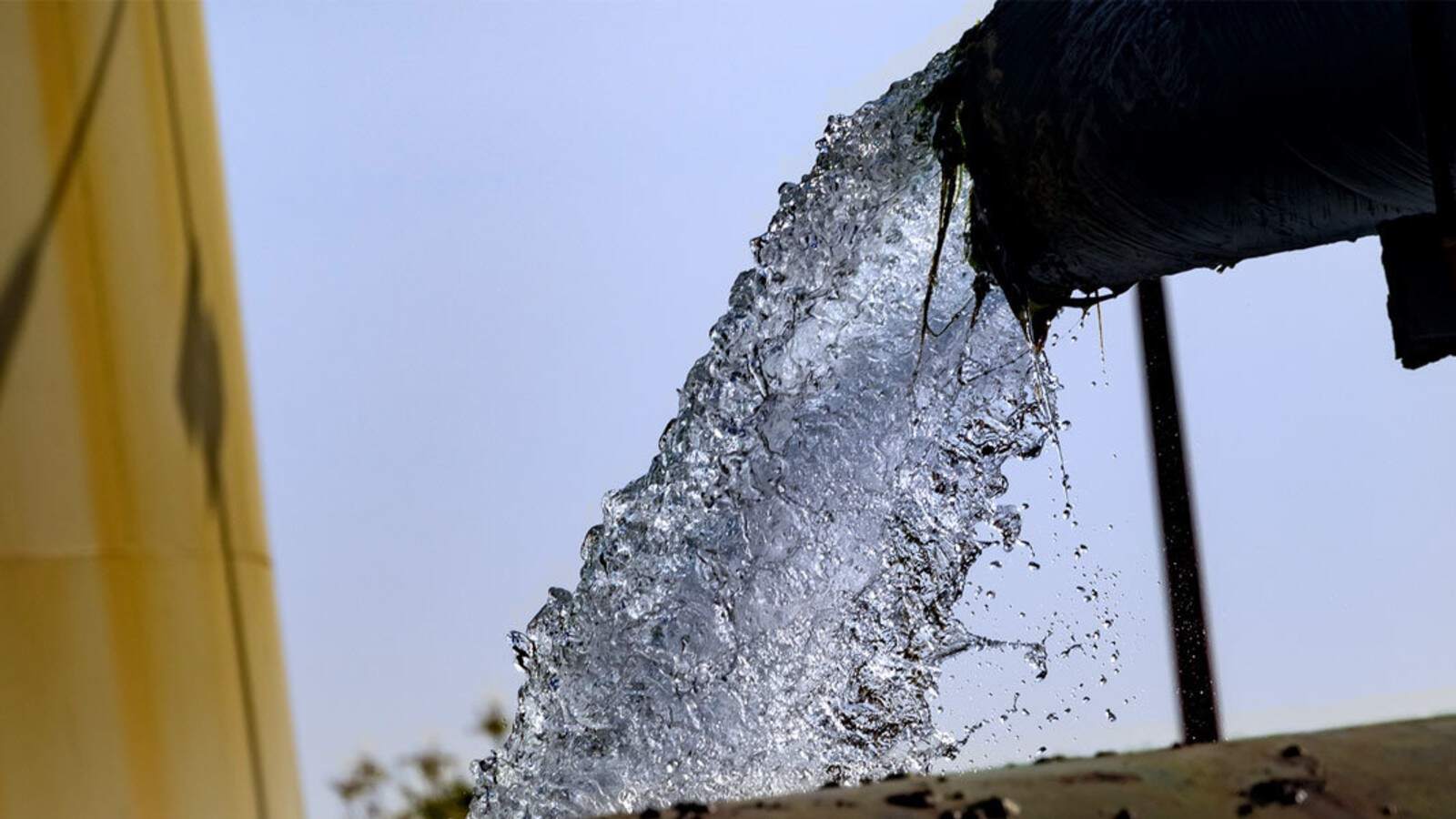Engie + Taqa to establish “low-carbon” desal plant in Abu Dhabi

Abu Dhabi awards “low-carbon” desalination plant to Engie + Taqa: French utility company Engie and the Abu Dhabi National Energy Company (Taqa) will establish a “low carbon” reverse osmosis desalination plant in Abu Dhabi under a water purchase agreement signed with the Emirates Water and Electricity Company (EWEC), according to a statement out yesterday. Under the contract, the consortium will be responsible for the development, financing, construction, operation, maintenance and ownership of the plant.
What we know about the plant: The Mirfa 2 Reverse Osmosis (M2 RO) desalination plant will be the third-largest plant of its kind in the UAE, producing up to 550k cubic meters of water a day and serving 210k households, EWEC said. Taqa will have a 60% equity stake in the project and Engie will hold the remaining 40%. The project is expected to reach financial close in 1Q 2023, with initial production beginning in summer 2025 and full production underway by 3Q 2025. EWEC didn’t disclose any financial details related to the project.
Engie was rumored to have secured the contract last year: Infrastructure publication IJGlobal reported in September that EWEC had selected Engie for the project from among four bids. The French firm reportedly offered USD 0.4832/m3, lower than bids submitted by Acciona, GS and Acwa Power.
Advisors: Alderbrook acted as financial advisor to EWEC while White & Case were counsel, according to IJGlobal.
There are more plants in the pipeline: EWEC called in September for developers to bid on building two new reverse osmosis water plants, which it also termed “low carbon.” The plants are set to be located on the islands of Saadiyat and Hudayriat and will provide some 455k cubic meters of water a day — enough to supply up to 180k households. EWEC already operates six reverse osmosis desalination plants.
Reverse osmosis plants are more efficient: EWEC said that reverse osmosis is up to 96% more efficient than thermal desalination.
And have a lower carbon footprint: Depending on the fuel source, reverse osmosis plants produce 2.1-3.6 kg of CO2 per m3, far lower than thermal desalination which produces up to 16 kg and multistage flash which reaches as high as 20 kg.
But how they’re powered is key: Reverse osmosis plants can’t be considered truly “low carbon” as long as they continue to be powered by fossil fuels, which according to Acwa Power CEO Paddy Padmanathan, are currently used in around 70% of desalination plants in the Gulf. EWEC is yet to disclose how power used for the M2 plant will be generated.
Reverse osmosis plants are also highly energy intensive: This method of desalinating water requires 3-10 KWh of energy to produce 1 cubic meter of water, far higher than the 1 KWh used in traditional water treatment plants.
Brine is still a problem: Like other types of desalination plant, reverse osmosis plants produce brine, which can cause ecological damage if not disposed of properly.
Ultimately, the best way to decarbonize desalination is by using renewable energy: Using renewable energy to power reverse osmosis could significantly reduce its cost and environmental impact, according to Padmanathan. There’s “huge potential” for renewable desalination, notes a 2020 article by KSA-headquartered Abdul Latif Jameel — which operates in a number of sectors, including energy and renewables. Using clean energy to power desalination is a major goal for the Global Clean Water Desalination Alliance, which brings together key stakeholders in multiple sectors to try to slash emissions from desalination. The alliance was targeting 20% of new desalination plants to be powered by renewables from 2020-2025, according to the Abdul Latif Jameel article.